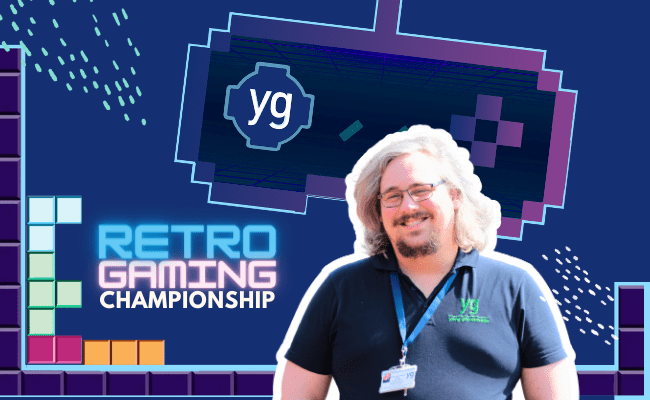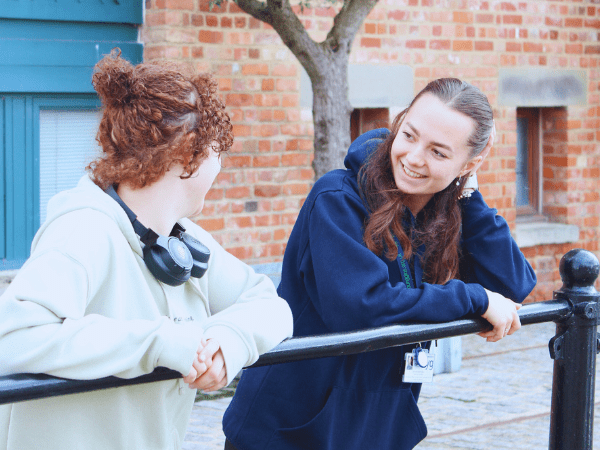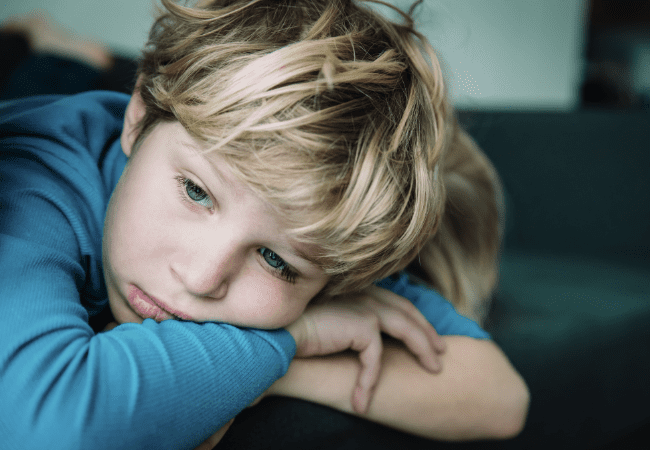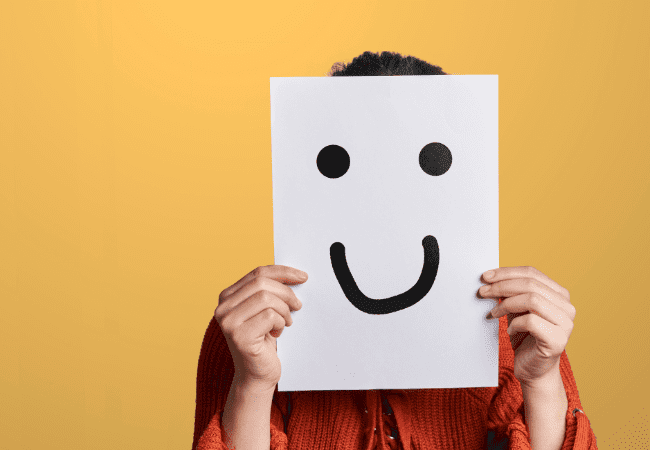
Gaming and Mental Health
As Young Gloucestershire looks forward to it’s first ever Retro Gaming competition this December, Senior Youth Worker and self-confessed Gamer, Toby Cadenhead takes some time out to reflect on the impact of gaming on our mental health.
“You’ve probably heard all about gaming – whether you play yourself, your family do, or you’ve read about it in the media. It’s likely you’ve heard stories about how gaming can make people angry and violent – but studies suggest this isn’t true. Certainly, playing some games can absolutely make us feel frustrated or angry (particularly if they are competitive), but the reality is actually a lot more complex.
“Games have changed a great deal in the 50 years or so they’ve been around, from the arcades of Pong, Pac-Man and Space Invaders in the 70s to the home console characters of Mario, Sonic and Spyro in the 90s, all the way to the online gaming scenes of Roblox, Fortnite and Call of Duty today. There have been many studies done that can link gaming to mental health (both in positive and negative lights), and while I’m no scientist, as an enjoyer of games myself I can certainly talk about my own experiences.
“These days there is a massive variety of different gaming genres, offering many different types of playing styles and settings. A lot of attention is often drawn to the more violent games, ones that include lots of guns or gore, and understandably there is a worry that these can affect people. Of course some of these games can affect us negatively, especially if we’re too young for the content. But that is why games have age ratings in the same way films do – there’s nothing “wrong” with the content per se, but our understanding of it and ability to separate fiction from reality progresses as we get older, hence certain content only being appropriate for certain ages.
“That said, we’ve all become frustrated with games, no matter how innocent the content! Many are the stories of a smashed controller thrown in anger. However, is this any different to getting frustrated while playing sports, or having a disagreement with a friend? It’s about us learning to manage our emotions in a healthy way, as we would in any other situation in life. Perhaps this is stepping away from the game, or trying something a bit more relaxing until we’re in a better mind-set to handle that tricky puzzle or difficult competitive match.
“There’s a huge amount of positivity to be found in gaming. As it’s my main hobby it’s been a huge comfort and source of enjoyment for me. Firstly, games can be fun! It can be enjoyable to finally beat that difficult boss, collect everything in a level, or win a victory royale with your teammates. It can be a huge boost to your mood to just spend time in an imaginary world or with characters who make us laugh. I’ve always been a fidgety person and like doing things, but also understand the need to rest. Games have allowed me to keep my mind active in the way it needs to, while also allowing my body to rest – or even my mind to rest if I’m doing something particularly relaxing! Games are so varied now that their stories can be incredibly deep and emotive, and makes us feel things in the same way a great film or novel can.
“Of course, sometimes you just want to run around and collect some coins or protect the Earth by shooting some aliens too.”
Join forces with us and send your gaming warriors into the ultimate digital battleground. This is your opportunity to showcase your prowess, foster camaraderie, and compete for glory, all while supporting a noble cause.
You may also like...
The Story of an Arcus Family

Supporting Ukrainian Refugees

Understanding the ‘Hidden Victims of Crime’ Project

World Suicide Prevention Day 2024

